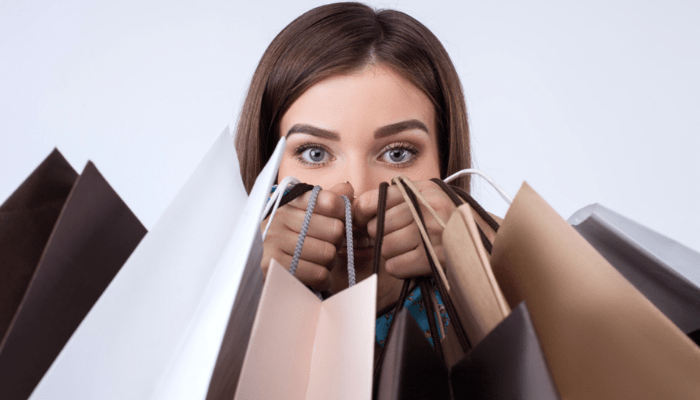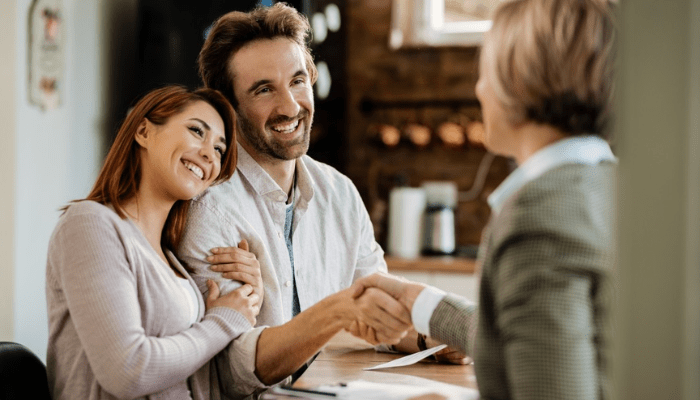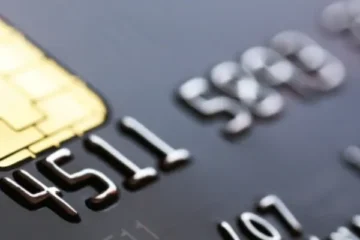Want vs. Need: How This Simple Shift Can Change Your Finances
In today’s culture of convenience and instant gratification, it’s easy to confuse wants with needs. You go to the store for groceries and leave with a new gadget. You open your phone to check your bank balance and end up ordering takeout for the third time this week. You tell yourself, “I need this”—but do you really?
Advertising
For the average American household, especially within the middle class, this blurred line between needs and wants is one of the most common reasons behind overspending, debt accumulation, and a constant feeling of financial instability. Yet, when we take a moment to pause and ask ourselves a simple question—do I really need this, or do I just want it?—our entire financial outlook can shift.
Advertising
In this article, we’re going to unpack the emotional and psychological side of spending, show you how to distinguish wants from needs in your everyday life, and help you develop habits that lead to greater financial clarity, control, and peace of mind.
Why This Distinction Matters
Let’s be honest: budgeting apps, savings challenges, and income increases can only do so much if you’re not making intentional spending decisions. Understanding the difference between wants and needs is foundational for financial health because it helps you:
Advertising
- Make better choices with your money
- Prioritize essentials over impulse purchases
- Avoid lifestyle inflation
- Build savings more consistently
- Reduce stress caused by financial guilt
Once you master this mental framework, you’ll find it easier to create a budget that sticks and a life that aligns with your real values—not just momentary desires.

Needs: The Essentials You Truly Depend On
A need is something that you must have to survive or function in a stable, secure, and healthy way. These typically fall into five key categories:
- Housing: Rent, mortgage, utilities, property taxes
- Food: Groceries and basic household items
- Transportation: Car payments, gas, public transit—essential for work and responsibilities
- Healthcare: Insurance, medications, routine appointments
- Basic Communication and Clothing: A phone plan, internet, and clothing appropriate for work and climate
If removing the expense would significantly disrupt your life or threaten your safety, it’s likely a need.
But be careful: not all expenses within these categories are automatically needs. A $3,000 designer handbag may be clothing, but it’s not a need. A luxury car might get you to work, but a reliable used car can do the same for much less.
Wants: The Extras That Add Comfort or Enjoyment
A want is something that enhances your life but is not essential for your day-to-day function or survival. These items and experiences often bring comfort, entertainment, or status, but they’re optional in the grand scheme of things.
Some common wants include:
- Dining out or food delivery
- Subscriptions (Netflix, Spotify, gym memberships)
- Upgraded electronics
- Travel and vacations
- New clothes when you already have plenty
- Home décor, gadgets, beauty products
Wants aren’t bad. In fact, they make life enjoyable. The key is to recognize them as discretionary, not essential, so you can better manage how much space they occupy in your financial life.
Why We Confuse the Two
The modern American lifestyle is filled with marketing designed to make us believe that wants are actually needs. Think about how products are advertised: “You deserve it,” “Don’t miss out,” “Must-have item of the year.” These phrases trigger emotional buying—spending based on how something makes us feel rather than whether we truly need it.
On top of that, social media has normalized spending that’s far beyond what most people can sustainably afford. When you constantly see people going on trips, redecorating their homes, or upgrading their tech, it’s easy to feel like you’re falling behind—so you try to keep up, even if it hurts your finances.
The Cost of Getting It Wrong
When you consistently treat wants like needs, the impact on your finances adds up quickly. You may find yourself:
- Living paycheck to paycheck
- Struggling to build savings or pay off debt
- Maxing out credit cards
- Feeling stressed or guilty about your spending
- Unable to invest in long-term goals like buying a home or saving for retirement
None of this happens overnight. It’s the result of hundreds of small decisions made without clear intention.
How to Build the Habit of Discernment

Changing your financial mindset doesn’t require perfection—it requires awareness. Here’s how to start building the habit of distinguishing wants from needs:
1. Pause Before You Purchase
Before buying something, especially online, give yourself 24 hours. Ask, “Will this improve my life in a meaningful way or just satisfy a short-term feeling?”
2. Make a Spending Hierarchy
Create three columns: Needs, Wants, and Impulses. Over a month, track your spending in each category. This visual will reveal a lot about your habits.
3. Automate Essentials First
Set up automatic payments or transfers for your rent, utilities, debt, savings, and groceries. That way, you know your needs are covered before anything else.
4. Budget for Wants — Intentionally
Don’t eliminate wants from your budget. Instead, give them a limit. For example, $150/month for entertainment, $50 for dining out. You’ll enjoy them more when they’re planned.
5. Have a Financial Goal That Keeps You Grounded
Whether it’s a vacation, emergency fund, or early retirement, having a meaningful goal helps shift your focus from impulse spending to intentional saving.
Teaching This Mindset to Others
If you have kids or teens in the household, teaching the want vs. need distinction early can give them a huge advantage in adulthood. Try turning it into a game during shopping trips or talking about it when they ask for new items. The earlier they learn that not everything they want is a necessity, the stronger their future financial habits will be.
Final Thoughts: Financial Freedom Starts With Self-Awareness
At the end of the day, managing money isn’t just about numbers — it’s about choices. The decision to spend less than you earn, to delay gratification, to distinguish what truly matters from what’s momentarily exciting — that’s where real financial growth happens.
You don’t need to give up joy, comfort, or self-care to have a strong financial life. You just need to know what serves your life and what distracts from it. And when you master the art of identifying wants versus needs, you give yourself the power to spend with intention, save with purpose, and live with clarity.
Because financial freedom doesn’t come from having more — it comes from needing less and choosing wisely.
See also: How to create a secure retirement.





